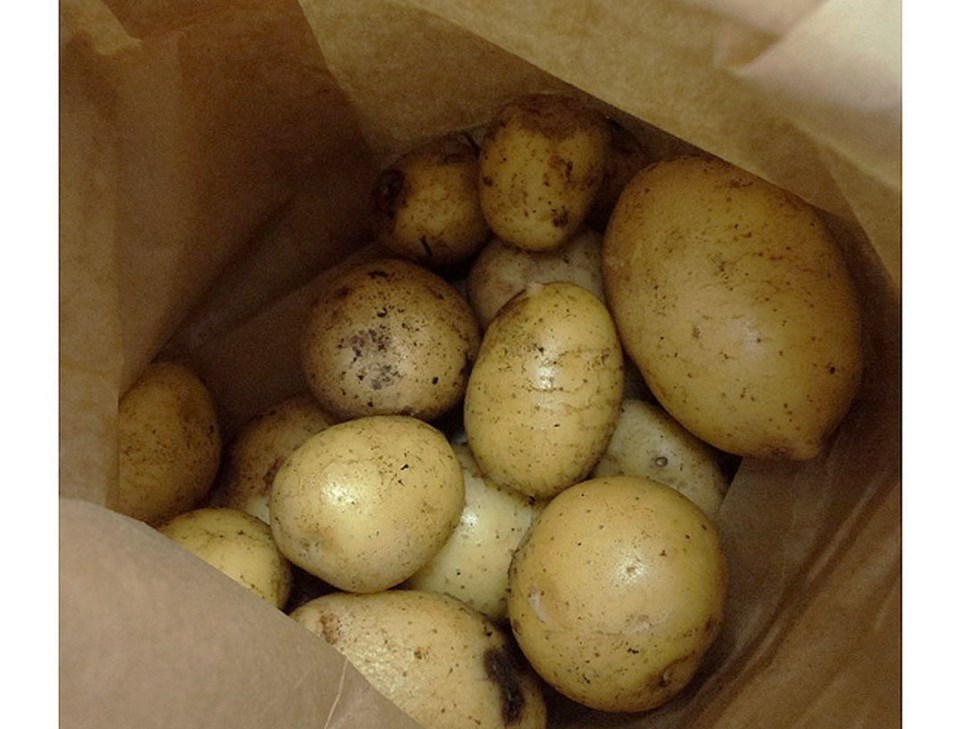Delta council recently agreed to provide the Delta Food Coalition bridge funding to support vulnerable local families.
The $3,000 in funding is to help cover the period from April to June 2021.
It’s anticipated that during that time, 18,000 pounds of fresh food will be rescued and distributed to food-insecure residents in Delta and 75 Harvest Boxes of locally grown produce will be delivered to vulnerable families.
Currently, 80 per cent of those boxes go to North Delta families.
A Delta staff report notes that it will cost about $7,500 to cover the cost with the Earthwise Society covering the $4,500.
Since the DFC food rescue program started in September 2020, more than 37,000 pounds of fresh food has been delivered to vulnerable people throughout the city, including seniors and low-income families with children.
The DFC is a network of community groups, coordinated by Earthwise Society, working together to address food security issues in Delta.
Its members include Deltassist, Delta Boys and Girls Club, Canadian Mental Health, Delta School District, and the Fraser Health Authority.
The DFC provides coordination of food security initiatives, shares information on available programs and resources, and makes connections between agencies and resources.
The DFC also functions as a food hub, sourcing fresh, local food and distributing it to people in need, while connecting individuals and families in need with the appropriate community food programs.
The report also notes staff will report back if DFC is unsuccessful in securing regular, ongoing funding for its programs.
In the event that DFC receives United Way or other funding that overlaps with Delta's grant, DFC can redeploy Delta's funds to boost food programs in North Delta.
A letter by Earthwise notes that a Delta report to council last year described the important work of DFC and collaboration with the city and other local social service agencies to address food insecurity.
The report notes that vulnerable populations, including seniors and low-income families with children, have been disproportionately impacted by COVID-19.


